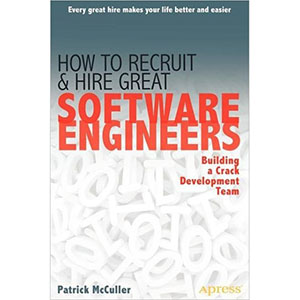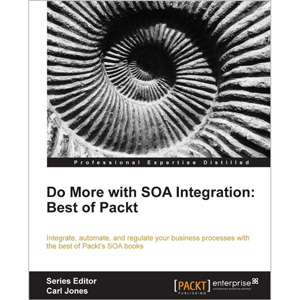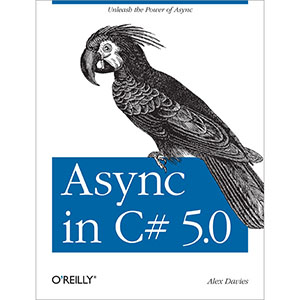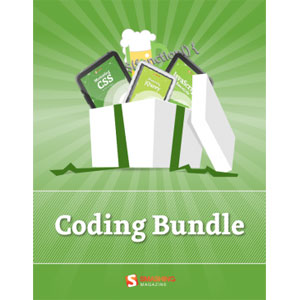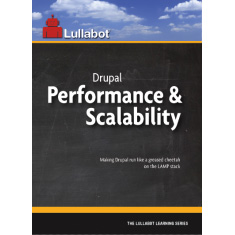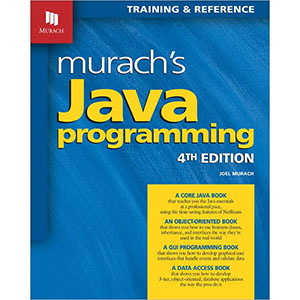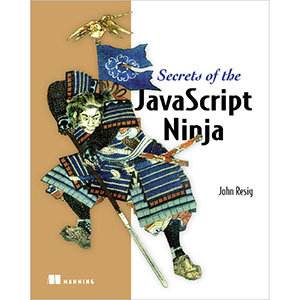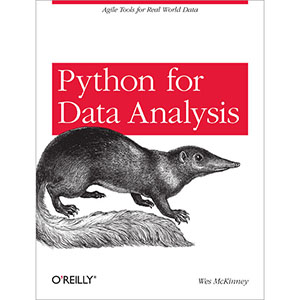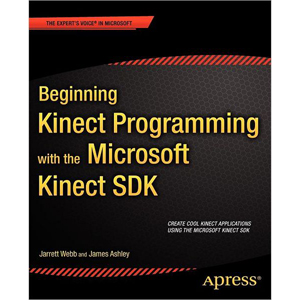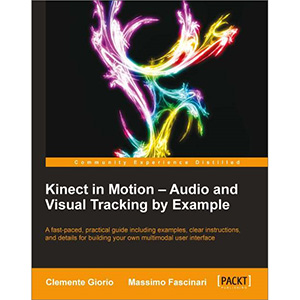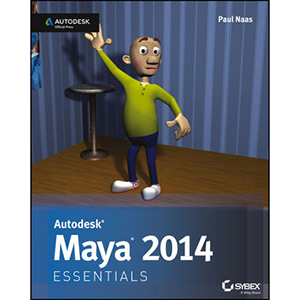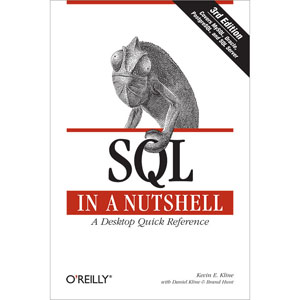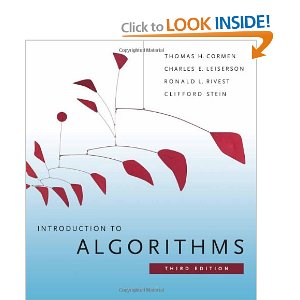Python Testing Cookbook
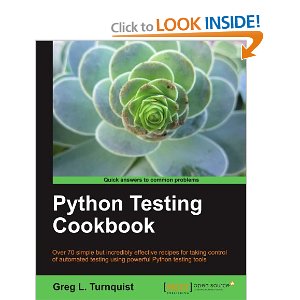
Are you looking at new ways to write better, more efficient tests? Are you struggling to add automated testing to your existing system? The Python unit testing framework, originally referred to as “PyUnit” and now known as unittest, is a framework that makes it easier for you to write automated test suites efficiently in Python. This book will show you exactly how to squeeze every ounce of value out of automated testing.
The Python Testing Cookbook will empower you to write tests using lots of Python test tools, code samples, screenshots, and detailed explanations. By learning how and when to write tests at every level, you can vastly improve the quality of your code and your personal skill set. Packed with lots of test examples, this will become your go-to book for writing good tests.
This practical cookbook covers lots of test styles including unit-level, test discovery, doctest, BDD, acceptance, smoke, and load testing. It will guide you to use popular Python tools effectively and discover how to write custom extensions. You will learn how to use popular continuous integration systems like Jenkins (formerly known as Hudson) and TeamCity to automatically test your code upon check in. This book explores Python’s built-in ability to run code found embedded in doc strings and also plugging in to popular web testing tools like Selenium. By the end of this book, you will be proficient in many test tactics and be ready to apply them to new applications as well as legacy ones.
A practical guide, this cookbook will ensure you fully utilize Python testing tools to write tests efficiently
What you will learn from this book :
- Get started with the basics of writing automated unit tests and asserting results
- Use Nose to discover tests and build suites automatically
- Write Nose plugins that control what tests are discovered and how to produce test reports
- Add testable documentation to your code
- Filter out test noise, customize test reports, and tweak doctest’s to meet your needs
- Write testable stories using lots of tools including doctest, mocks, Lettuce, and Should DSL
- Get started with the basics of customer-oriented acceptance testing
- Test the web security of your application
- Configure Jenkins and TeamCity to run your test suite upon check-in
- Capture test coverage reports in lots of formats, and integrate with Jenkins and Nose
- Take the pulse of your system with a quick smoke test and overload your system to find its breaking points
- Add automated testing to an existing legacy system that isn’t test oriented
Approach
This cookbook is written as a collection of code recipes containing step-by-step directions on how to install or build different types of Python test tools to solve different problems. Each recipe contains explanations of how it works along with answers to common questions and cross references to other relevant recipes. The easy-to-understand recipe names make this a handy test reference book.
Who this book is written for
Python developers and programmers with a basic understanding of Python and Python testing will find this cookbook beneficial. It will build on that basic knowledge equipping you with the intermediate and advanced skills required to fully utilize the Python testing tools. Broken up into lots of small code recipes, you can read this book at your own pace, whatever your experience. No prior experience of automated testing is required.
Book Details
- Paperback: 364 pages
- Publisher: Packt Publishing (May 2011)
- Language: English
- ISBN-10: 1849514666
- ISBN-13: 978-1849514668
